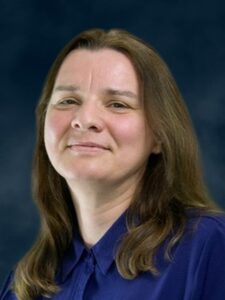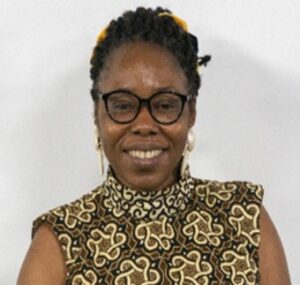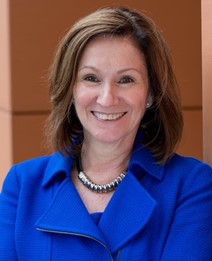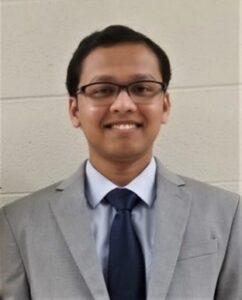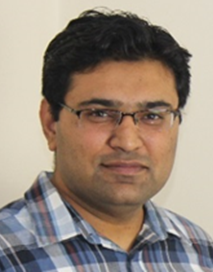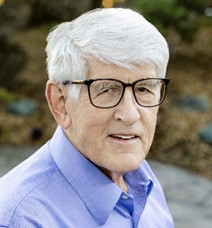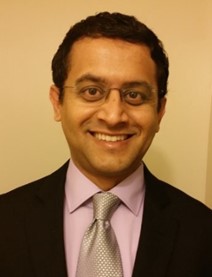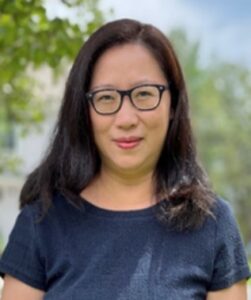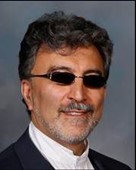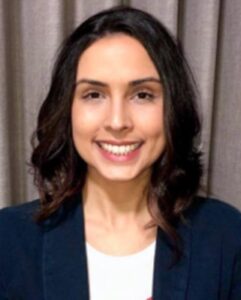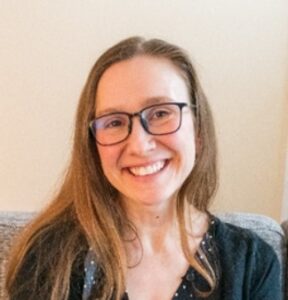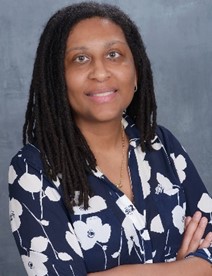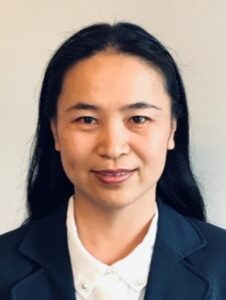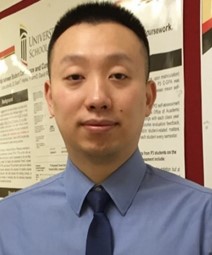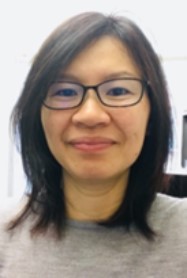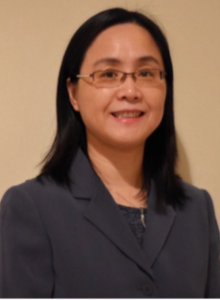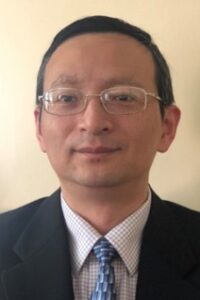Introduction to the Workshop
The introduction to the workshop will provide a brief overview of the emerging role of modeling and simulation (M&S) approaches in advancing drug product development and regulatory assessment. The practical utility of these M&S approaches has been recognized by the FDA and other regulatory agencies, the new and generic drug industry, academic institutions, contract research organizations (CROs), consultants, and others involved in drug product development. The introduction will provide context, explaining how this workshop is designed to explore and address challenges that might impact the implementation and usefulness of MMFs in regulatory submissions. The goal of this event is to establish an operational framework within which MMFs can facilitate the development and documentation of regulatory submissions that contain model integrated evidence (MIE) and, thereby, improve acceptance for M&S approaches by regulatory agencies.
In each session, regulatory professionals, drug developers (of brand name products and generics) and consultants/CROs will share their perspectives on how the MMF framework can support drug product development and facilitate regulatory assessments to accelerate patient access to different classes of important medicines.
Day 1
Session 1: Defining the MMF Framework: Model Sharing – Model Acceptance – Model Communication
Format: Presentations and a Panel Discussion Q&A (Virtual and In-Person Attendees)
- In this session, regulators and industry presenters will provide a comprehensive and detailed description of the MMF framework, discuss considerations and challenges with implementing the MMF, and highlight how the MMF can facilitate the integration of M&S approaches into drug product development and regulatory assessments.
Session 2: MMF Applications for Oral Drug Products
Format: Presentations and a Panel Discussion Q&A (Virtual and In-Person Attendees)
- This session will offer case studies and discussions about situations in which an MMF can support product development and regulatory submissions for oral drug products.
Session 3: MMF Applications for Long-Acting Injectable Drug Products
Format: Presentations and a Panel Discussion Q&A (Virtual and In-Person Attendees)
- This session will offer case studies and discussions about situations in which an MMF can support product development and regulatory submissions for long-acting injectable drug products.
Session 4: In-Person Activities (Working Session)
Format: Small Group Working Sessions (In-Person Attendees Only)
- Small group working sessions will involve structured activities with in-person attendees, focusing on the areas discussed during Day 1 of the workshop. Discussions will consider the potential types of MMFs and impactful use cases for MMFs, key considerations and challenges with the preparation and submission of MMFs. A key objective of the working sessions will be to collaborate on the development of efficient strategies for the pharmaceutical industry, regulatory agencies, consultants, CROs and other stakeholders to realize the benefits of M&S approaches by incorporating MMFs in regulatory submissions for new and generic drugs.
Day 2
Session 1: Opportunities for Standardizing Model Sharing with New Drugs
Format: Presentations and a Panel Discussion Q&A (Virtual and In-Person Attendees)
- This session will discuss situations in which an MMF can support product development and regulatory submissions for new drug products.
Session 2: MMF Applications for Locally Acting Drug Products
Format: Presentations and a Panel Discussion Q&A (Virtual and In-Person Attendees)
- This session will offer case studies and engage in discussions about situations in which an MMF can support product development and regulatory submissions for locally acting drug products including orally inhaled drug products, drug products applied on the skin, and ophthalmic drug products.
Session 3: In-Person Activities (Working Session)
Format: Small Group Working Sessions (In-Person Attendees Only)
Small group working sessions will involve structured activities for in-person attendees, focusing on the areas discussed during Day 1 and Day 2 of the workshop. Discussions will consider the potential types of MMFs and impactful use cases for MMFs, key considerations and challenges with the preparation and submission of MMFs. A key objective of the working sessions will be to collaborate on the development of efficient strategies for the pharmaceutical industry, regulatory agencies, consultants, CROs and other stakeholders to realize the benefits of M&S approaches by incorporating MMFs in regulatory submissions for new and generic drugs.


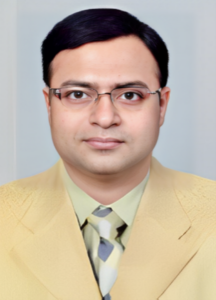

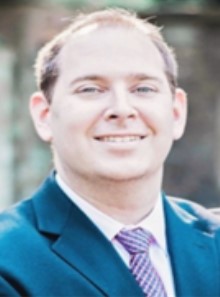
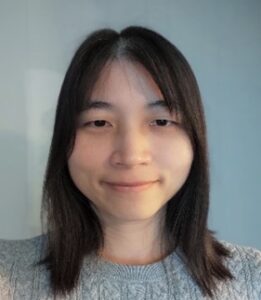
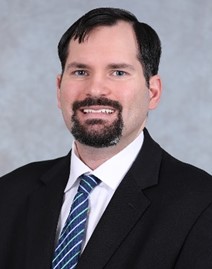
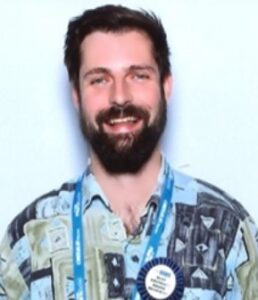

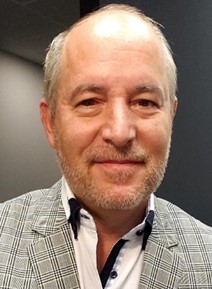



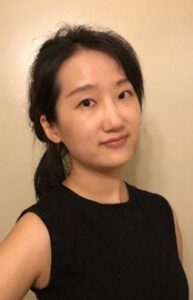
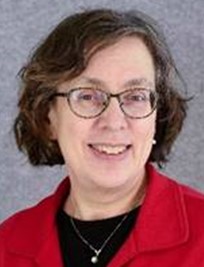
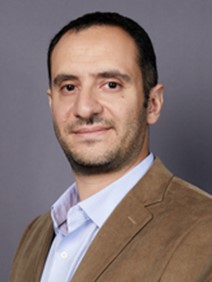
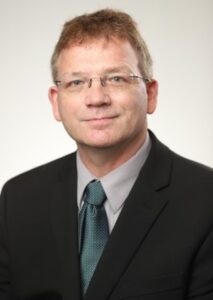
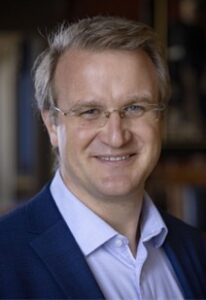
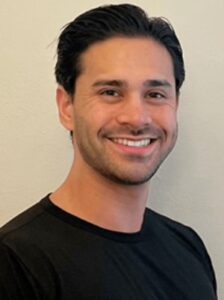
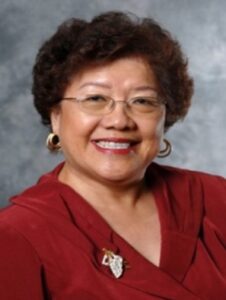
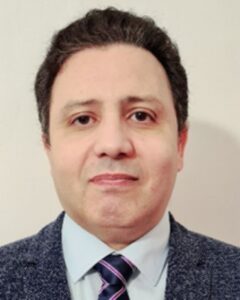

 Team Lead, Biopharmaceutics, Dr. Reddy’s Laboratories Ltd.
Team Lead, Biopharmaceutics, Dr. Reddy’s Laboratories Ltd.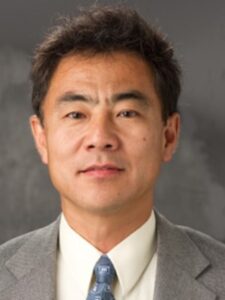
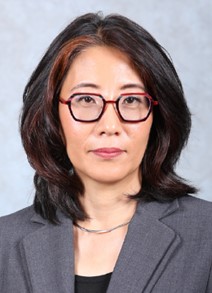

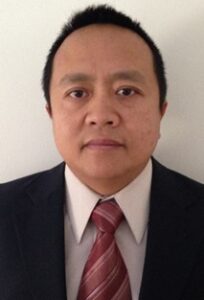 Associate Director, Therapeutic Review, DPM, OCP, OTS, CDER, FDA
Associate Director, Therapeutic Review, DPM, OCP, OTS, CDER, FDA